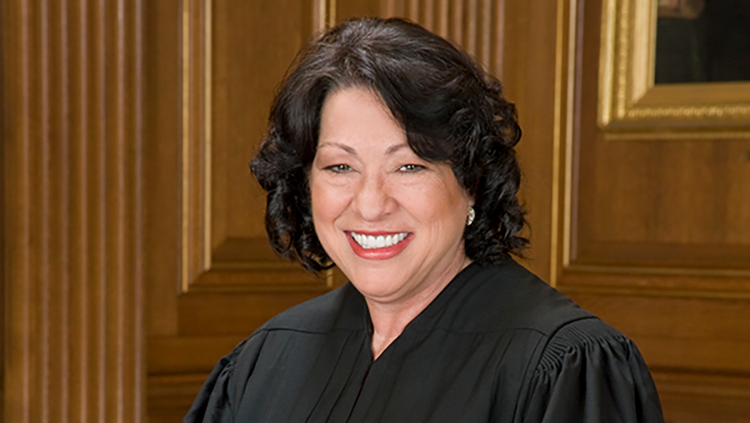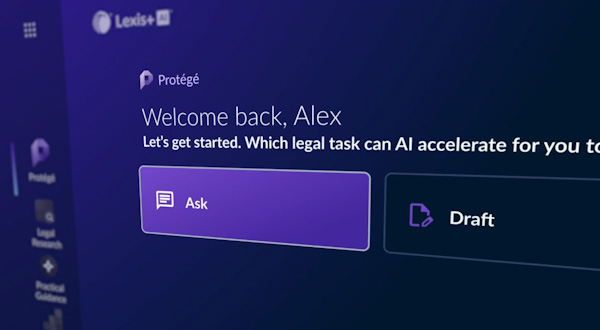Sotomayor questions quick decisions when the US wants to lift injunctions

Justice Sonia Sotomayor.
Justice Sonia Sotomayor questioned the Supreme Court’s hurry to lift injunctions when she dissented from a decision Friday evening allowing implementation of a new federal rule in Illinois that will bar more poor immigrants from the United States.
In a 5-4 decision, the court allowed Illinois implementation of a “public charge rule” that expands the number of immigrants who can be denied visas and green cards because they receive or are likely to receive public assistance.
Though Sotomayor was one of four justices objecting to the decision, none of the other liberal justices joined her dissent.
The Supreme Court had already lifted a nationwide injunction that barred implementation of the public-charge rule. That decision last month left in place the separate Illinois injunction that was lifted by the Supreme Court Friday evening.
Sotomayor noted that the government’s prior request to lift the nationwide injunction had claimed a need for urgent action because the injunction was nationwide in scope. “The government now uses that stay—of a nationwide injunction—to insist that it is entitled to one here.”
Sotomayor noted that the Chicago-based 7th U.S. Circuit Court of Appeals had scheduled arguments for next week so it could quickly consider the Illinois case.
“The government’s professed harm, therefore, boils down to an inability to enforce its immigration goals, possibly in only the immediate term, in one of 50 states,” Sotomoyor wrote. “It is hard to say what is more troubling: that the government would seek this extraordinary relief seemingly as a matter of course, or that the court would grant it.”
When the Supreme Court acts on an application to stay an injunction, it must “consider important statutory and constitutional questions that have not been ventilated fully in the lower courts, on abbreviated timetables and without oral argument,” she wrote. Such action upends the normal appeals process, she said.
Sotomayor said the Supreme Court’s recent behavior on stay applications has benefited one litigant—the U.S. government. She noted that the court often rejects requests to stay executions on the ground that the inmate had failed to raise claims in a timely manner.
“Yet the court’s concerns over quick decisions wither when prodded by the government in far less compelling circumstances” such as the instant case where the claimed harm “is continuation of a 20-year status quo in one state,” she wrote. “I fear that this disparity in treatment erodes the fair and balanced decision-making process that this court must strive to protect.”
The New York Times and the Washington Post are among the publications that covered the Supreme Court’s decision.
Write a letter to the editor, share a story tip or update, or report an error.


